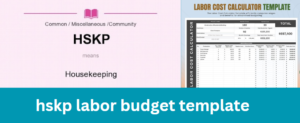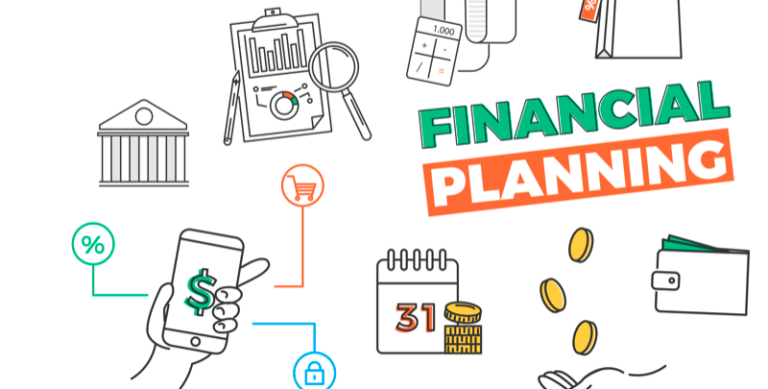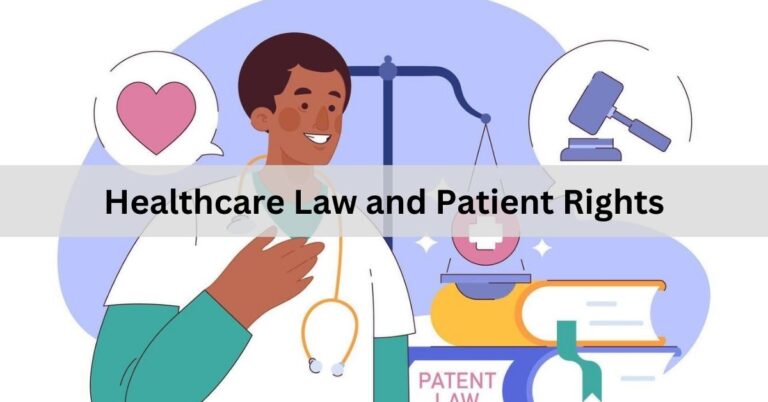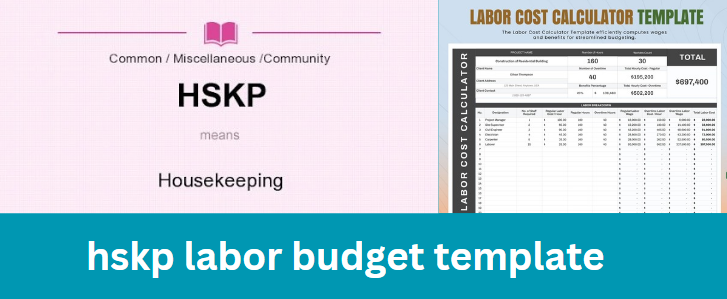Contents
- 1 Introduction to the Gig Economy
- 2 Why Insurance is Essential for Gig Economy Workers
- 3 Types of Insurance for Gig Economy Workers
- 4 How to Choose the Right Insurance
- 5 Conclusion
Introduction to the Gig Economy
The gig economy is characterized by short-term contracts or freelance work as opposed to permanent jobs. With the rise of platforms like Uber, Lyft, Airbnb, and Fiverr, more people are participating in the gig economy. This flexible work model offers numerous benefits, including the ability to work on your own schedule and diversify income sources. However, gig economy workers face unique challenges, particularly when it comes to insurance. Unlike traditional employees, gig workers often lack access to employer-provided benefits, making it essential for them to seek out appropriate insurance coverage.
Why Insurance is Essential for Gig Economy Workers
Lack of Employer-Provided Benefits
Traditional jobs typically come with benefits such as health insurance, workers’ compensation, and retirement plans. Gig workers, however, are classified as independent contractors, which means they are not entitled to these benefits. This lack of safety nets makes it crucial for gig workers to secure their own insurance to protect against health issues, accidents, and other risks.
Financial Stability
Unexpected events like accidents, illnesses, or legal issues can lead to significant financial strain for gig workers. Having insurance can provide a financial cushion, ensuring that workers can cover medical expenses, lost income, and other costs without depleting their savings.
Legal Requirements
Certain types of gig work, such as driving for ride-sharing services, may require specific insurance coverage by law. Ensuring that you have the necessary coverage not only keeps you compliant with regulations but also protects you from potential legal and financial repercussions.
Types of Insurance for Gig Economy Workers
Health Insurance
Importance of Health Insurance
Health insurance is perhaps the most critical type of coverage for gig economy workers. Without employer-sponsored health plans, gig workers need to seek individual health insurance policies to cover medical expenses. Health insurance can help cover the cost of doctor visits, hospital stays, prescription medications, and preventive care.
Options for Health Insurance
Gig workers can explore various options for health insurance, including:
- Marketplace Plans: The Health Insurance Marketplace offers a range of plans with different levels of coverage and premiums. Depending on your income, you may qualify for subsidies to help lower the cost.
- Private Insurance: Purchasing insurance directly from private insurers allows for more customization in terms of coverage and premiums.
- Medicaid: Low-income individuals may qualify for Medicaid, which provides free or low-cost health coverage.
- Professional Associations: Some professional associations offer group health insurance plans to their members, which can be more affordable than individual plans.
Liability Insurance
Importance of Liability Insurance
Gig workers, particularly those offering services such as home repairs, consulting, or freelance writing, can benefit from liability insurance. This type of insurance protects against claims of negligence or harm caused by your work. For example, if a client sues you for damages resulting from your services, liability insurance can cover legal fees and settlement costs.
Types of Liability Insurance
- General Liability Insurance: This covers a broad range of risks, including bodily injury, property damage, and personal injury claims.
- Professional Liability Insurance: Also known as errors and omissions (E&O) insurance, this covers claims related to professional mistakes or failures to deliver promised services.
Vehicle Insurance
Importance of Vehicle Insurance
For gig workers who rely on their vehicles, such as ride-share drivers and delivery personnel, vehicle insurance is essential. Standard personal auto insurance policies may not cover accidents that occur while working, so specialized coverage is necessary.
Options for Vehicle Insurance
- Commercial Auto Insurance: This provides coverage for vehicles used for business purposes, including ride-sharing and delivery services.
- Ride-Share Insurance: Many insurers offer policies specifically designed for ride-share drivers that cover the gap between personal auto insurance and the coverage provided by ride-sharing companies.
Disability Insurance
Importance of Disability Insurance
Disability insurance is crucial for gig workers who depend on their ability to work to earn an income. If an injury or illness prevents you from working, disability insurance can provide a portion of your lost income, helping you manage your expenses during recovery.
Options for Disability Insurance
- Short-Term Disability Insurance: This provides coverage for temporary disabilities, typically lasting a few months.
- Long-Term Disability Insurance: This offers coverage for more extended periods, potentially lasting several years or until retirement.
Business Insurance
Importance of Business Insurance
Gig workers running their own businesses or providing professional services may benefit from business insurance. This type of coverage can protect against various risks, including property damage, theft, and business interruption.
Types of Business Insurance
- Business Owner’s Policy (BOP): This combines general liability insurance and property insurance into a single policy, often at a lower cost than purchasing separate policies.
- Inland Marine Insurance: This covers tools, equipment, and other business property while in transit or at job sites.
Income Protection Insurance
Importance of Income Protection Insurance
Income protection insurance is designed to replace a portion of your income if you are unable to work due to illness or injury. This type of coverage can provide financial stability, allowing you to focus on recovery without worrying about lost income.
Options for Income Protection Insurance
- Individual Policies: These are purchased directly from insurers and can be customized to fit your specific needs and income level.
- Group Policies: Some professional associations and gig platforms offer group income protection insurance to their members or workers.
How to Choose the Right Insurance
Assess Your Risks
The first step in choosing the right insurance is to assess your specific risks. Consider the nature of your gig work, your health, your financial situation, and any legal requirements. Identifying your most significant risks will help you determine which types of insurance are most critical for you.
Compare Plans and Providers
Once you have identified your needs, compare plans and providers to find the best coverage and rates. Look for reputable insurers with good customer reviews and financial stability. Consider the coverage limits, deductibles, and exclusions of each policy to ensure it meets your needs.
Seek Professional Advice
Insurance can be complex, and it may be helpful to seek advice from a professional insurance agent or broker. They can help you navigate the options, explain the details of different policies, and find coverage that fits your budget and needs.
Review and Update Regularly
Your insurance needs may change over time, so it’s important to review your coverage regularly. As your gig work evolves or your personal circumstances change, update your policies to ensure you remain adequately protected.
Conclusion
Insurance is a crucial safety net for gig economy workers, providing protection against health issues, accidents, liability claims, and other risks. By securing the right insurance coverage, gig workers can achieve financial stability and peace of mind, allowing them to focus on their work without worrying about unexpected setbacks. Regularly assessing your risks, comparing plans, and seeking professional advice can help ensure you have the coverage you need in the dynamic world of the gig economy.



























+ There are no comments
Add yours